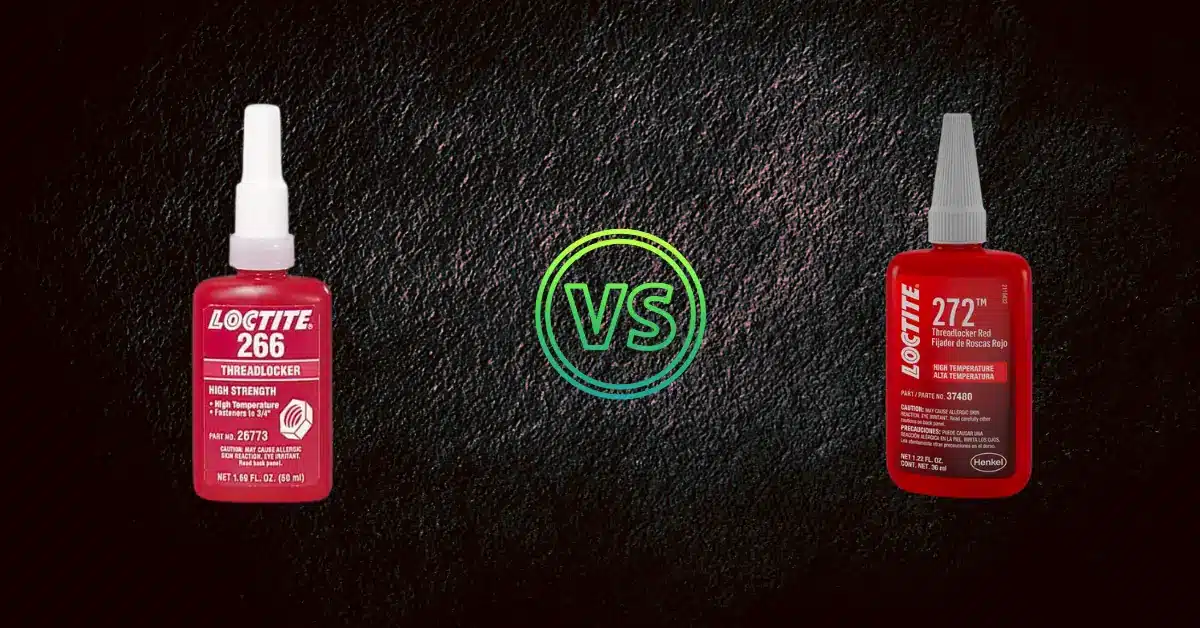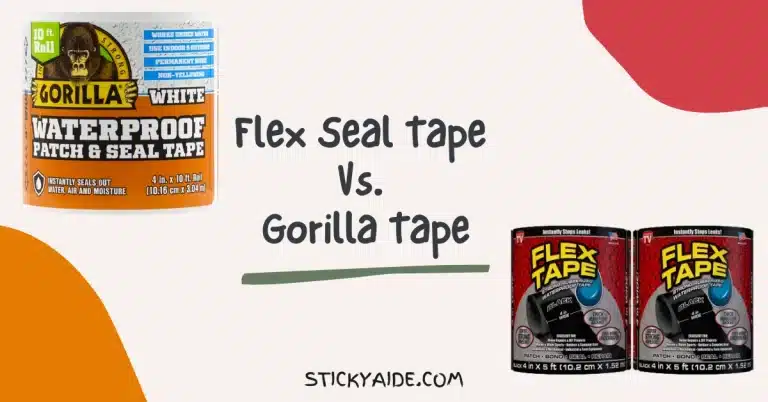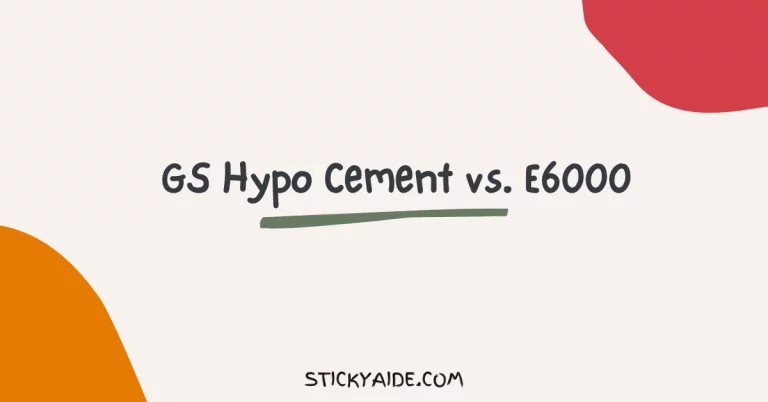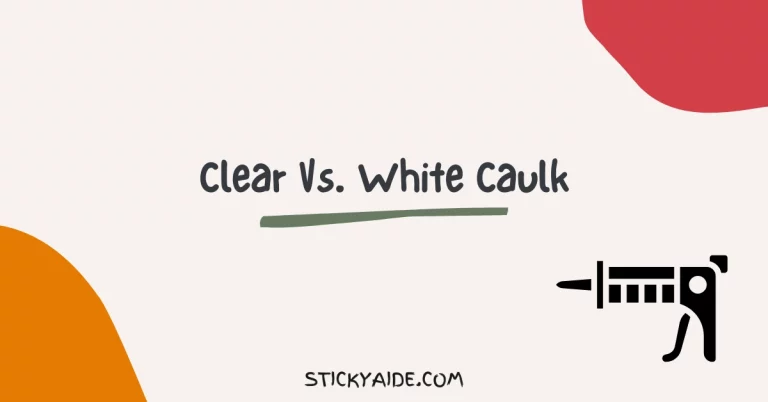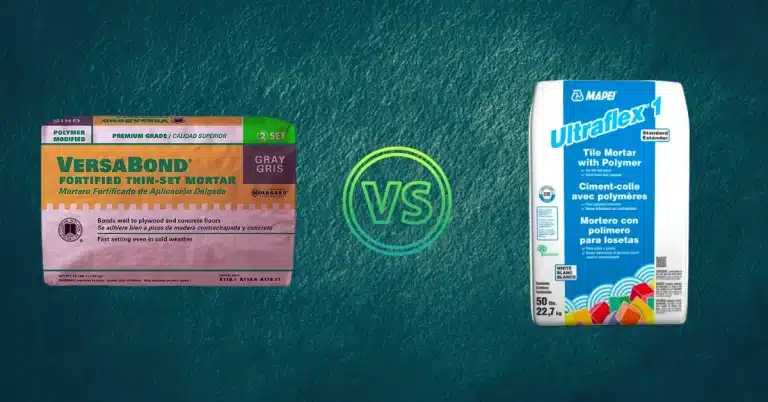You can use threadlockers on threaded fasteners to secure them from loosening or leakage from shock, vibration and other factors. Loctite offers multiple threadlockers in various categories suited for different purposes, and you can find numerous options for multiple thread sizes and glue strength.
Loctite 266 and 272 are both high-strength threadlockers with some similarities and differences. So, in the battle between Loctite 266 vs. 272, which one should you side with and why? Please keep reading as I’ll review these threadlockers and how they differ in this article.
Read More: Loctite 262 vs. 272
Loctite 266 vs. 272
Loctite 266
Loctite 266 is a high-strength threadlocker manufactured by Loctite-Henkel. You can use Loctite 266 for various heavy-duty applications around your house, office, automobile parts and components, or industrial purposes.
Loctite 266 is a red-orange liquid in its uncured form and fluoresces under UV light, so you can monitor your components after applying the threadlocker. Loctite 266 is methacrylate-ester-based and cures anaerobically, with a complete cure taking up to 24 hours.
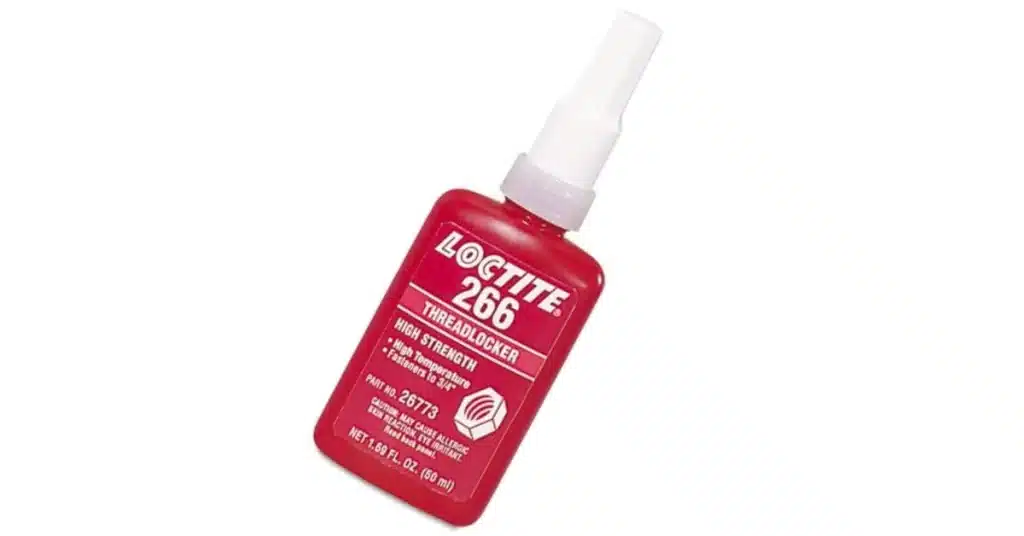
Loctite 266 cures when confined in the vacuum between close–fitting metal components and is suitable for all metals and standard substrates. Loctite 266 is a high-performance threadlocker, and you can use it for various heavy-duty applications where parts are exposed to heavy vibration or shock.
Furthermore, you can use Loctite 266 for components with a risk of exposure to high temperatures since the 266 has an operating temperature limit of up to 232°C. Loctite 266 is thixotropic, so you don’t have to worry about the threadlocker running over the surface you apply it on.
Loctite 266 cure speed depends on the substrates used, temperature and bondline gap, and you can use an activator to speed it up. You can use SF 7471 to speed up the curing process of Loctite 266.
Loctite 272
Loctite 272 is a high-strength threadlocker from Loctite-Henkel that comes in Red. The 272 is a versatile, robust threadlocker, and you can use it for various industrial or heavy-duty applications.
Loctite 272 works well with all metals and standard substrates like brass, steel, or stainless steel. You can safely use Loctite 272 for components reaching high temperatures since it has an operating temperature range of -55°C to 232°C.
Loctite 272 has a superior and robust performance with 3900 psi shear strength and forms a permanent bond once cured. The 272 can take up to 24 hours for a complete cure, and you can speed up the process using an activator.
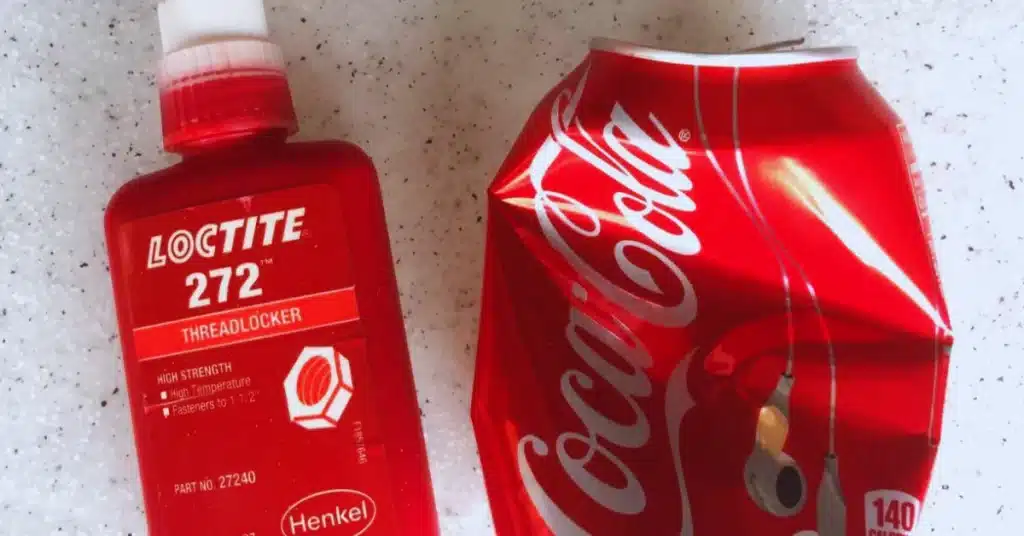
Loctite 272 is tolerant to industrial oils and other contaminants and provides enhanced protection against threaded fasteners loosening due to shock or vibration. Since Loctite 272 has robust performance, you can use it for bolts of automotive components like – crankshaft or shock bolts.
Since Loctite 272 forms a permanent bond once wholly cured, you must use localized heat and solvents to disassemble your components later.
Read More: Loctite 242 vs. 262
Differences Between Loctite 266 And 272
Now let’s examine how Loctite 266 and Loctite 272 differ.
Viscosity
Loctite 266 has a viscosity of 7000 to 11,000 cP.
On the other hand, Loctite 272 has a viscosity of 4000 to 15000 cP.
Ideal Sizes of Fasteners
You can use Loctite 266 for nuts, bolts and threaded fasteners up to 20 mm in diameter.
On the other hand, You can use Loctite 272 for nuts, bolts, and threaded fasteners from 25 mm and above in diameter.
Suitable Materials
Loctite 266 and 272 work well with all metals.
Loctite 266 also works with substrates like – Stainless Steel, Zinc Dichromate, Zinc Phosphate, Reoilled Black Oxide etc.
On the other hand, Loctite 272 works with substrates like – Steel, Stainless Steel, or Brass.
Cure Time
Loctite 266 and Loctite 272 have a similar curing time of 24 hours, which can be sped up using activators.
Loctite 266 has a fixture time of 15 minutes.
Loctite 272 has a fixture time of 40 minutes.
Final Thoughts
Loctite 266 and Loctite 272 are both high-strength thread-locking adhesives from Loctite-Henkel and have some similarities and differences. So, which one should you pick in the battle between Loctite 266 vs. 272? It depends on your specific needs and purposes.
Loctite 266 suits you if you’re working nuts, bolts, or threaded fasteners up to 20 mm in diameter. On the other hand, Loctite 272 is suitable if you’re working with larger bolts or nuts and is more updated and recent than the 266.

